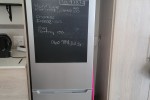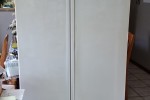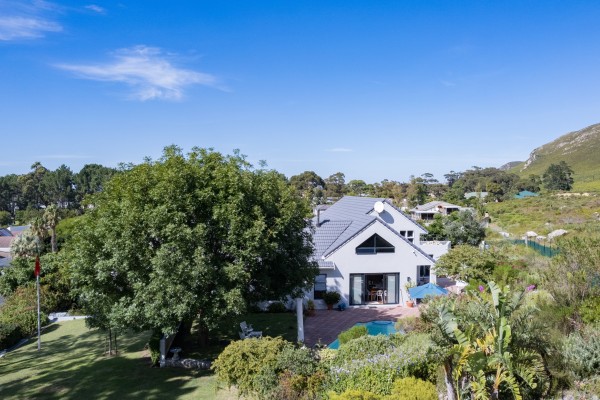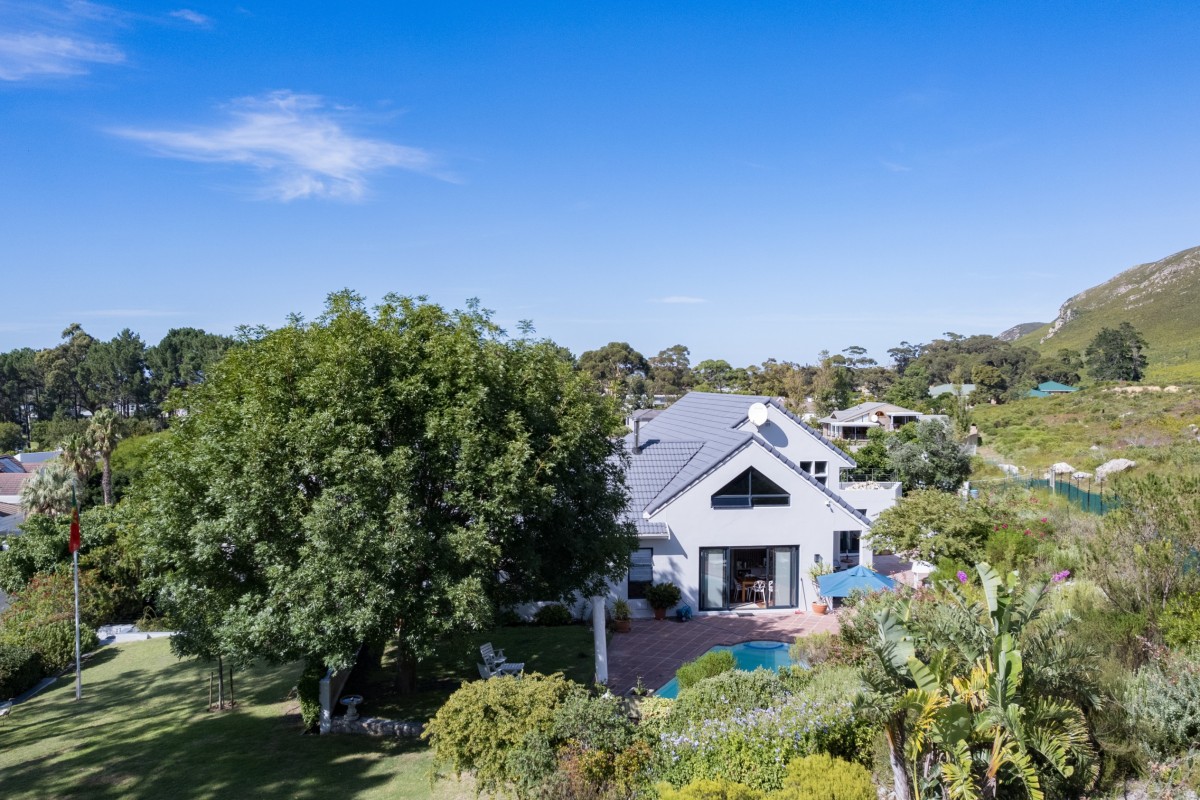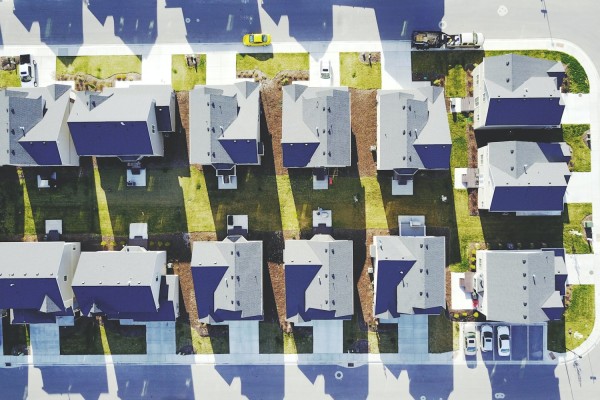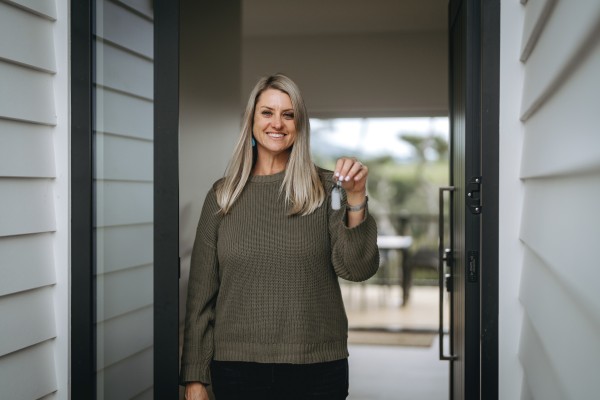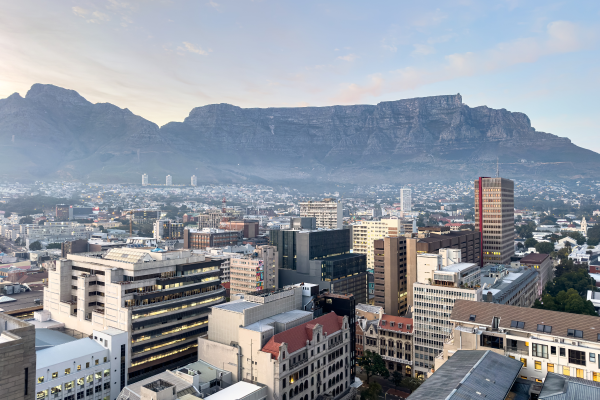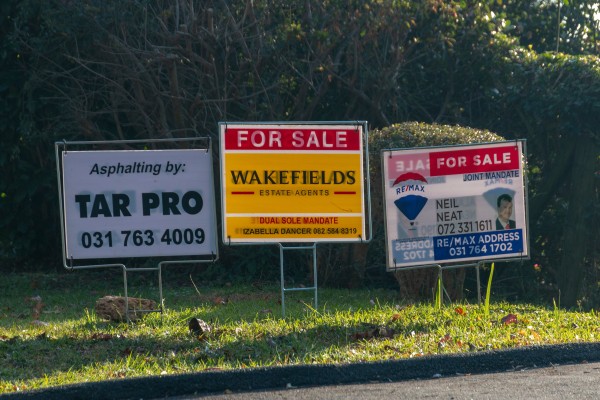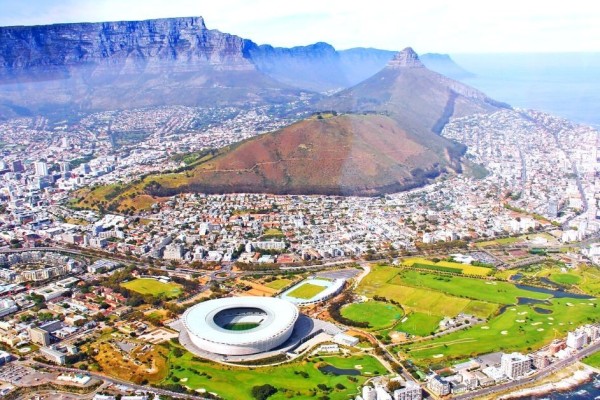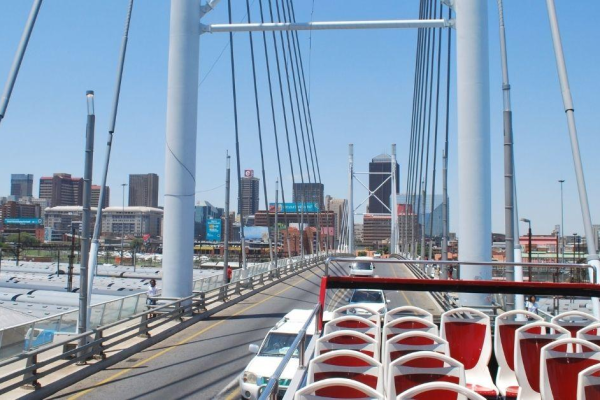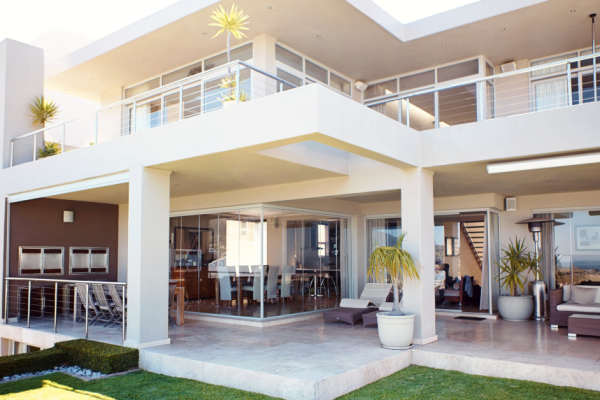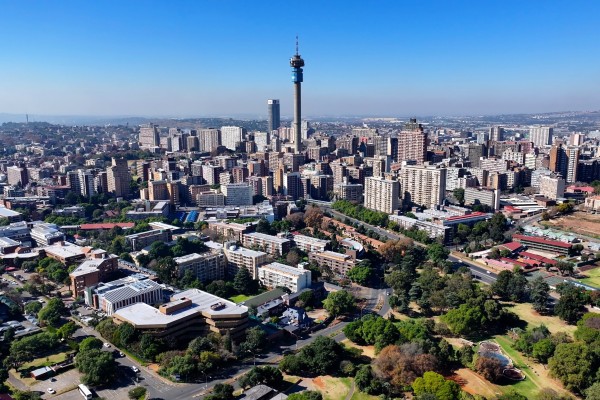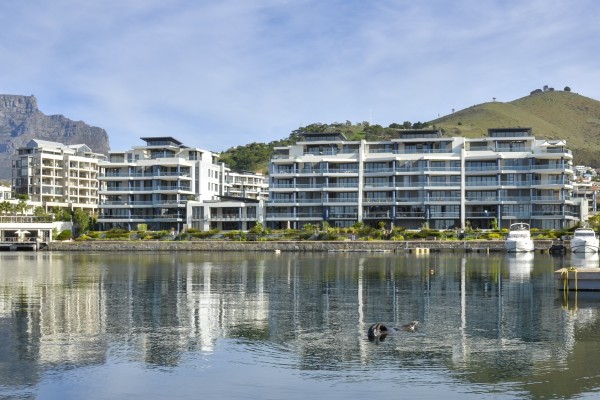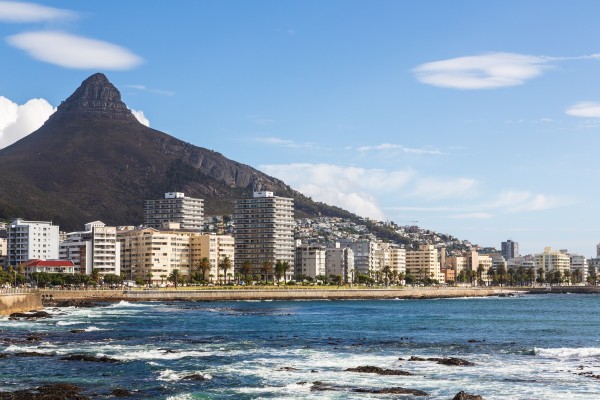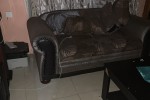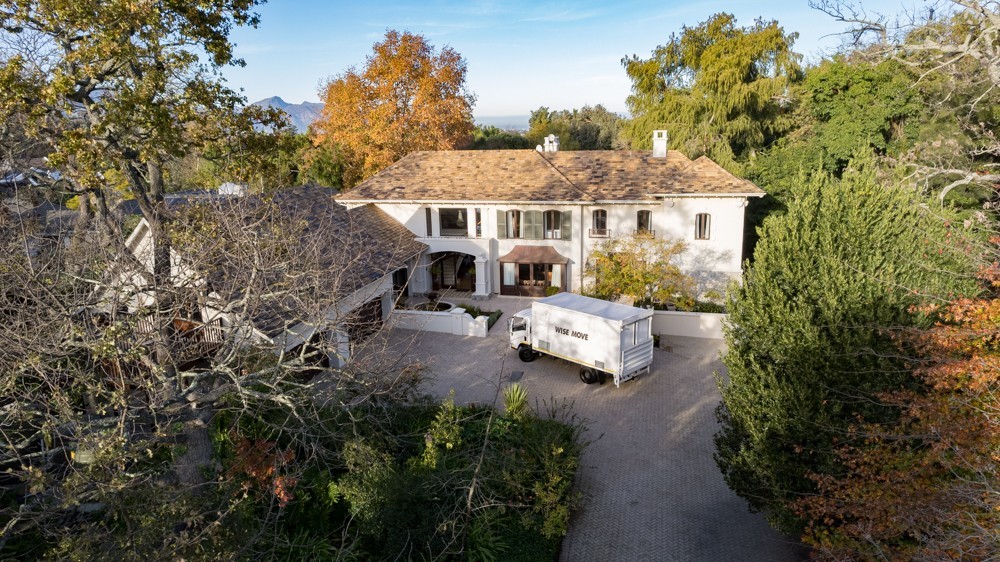
But that doesn’t mean that property investment doesn’t come with its challenges. It’s a lot of work, plus there is always the risk of bad tenants which will mean even more work. It all comes down to whether the pros of property investment outweigh the cons.
To help you decide if property investment is for you, whether you’re a first-time buyer or novice homeowner, here’s the complete breakdown of the pros and cons of investing in property in South Africa. Let’s get started!
Pros of Investing in Property in SA
1. There’s a High Financial Reward
One of the main reasons why property investment is so popular is that you’re almost guaranteed a good return on investment, especially if you’re up to date with real estate trends Property values appreciate with time — the longer you own your property, the more it’s worth and the more profit you can make!
You can also use your rental income to help pay off your home loan. And once that’s paid off, you get a steady cash flow each month. Plus, paying off your home loan on time can do wonders to boost your credit score which will help you make investments in the future.
2. You Get Tax Benefits
South Africa encourages property investment by giving tax incentives to property investors:
-
There’s no VAT payable on property in South Africa.
-
You also benefit from tax deductions on all interest, maintenance, levies, insurance and all other costs incurred on the property.
-
For every 5 properties you buy, SARS allows a minimum of 55% of the purchase price as a tax deduction.
With property investment, you end up saving money in the long run.
3. Property Remains a Stable Investment
Unlike investing in stocks, investing in property offers relative stability as a physical asset. South Africa’s property market is remarkably stable and is even considered the most stable on the continent. This means that property is a much safer investment where you don’t have to worry about your investment suddenly losing value.
4. You Have Some Freedom
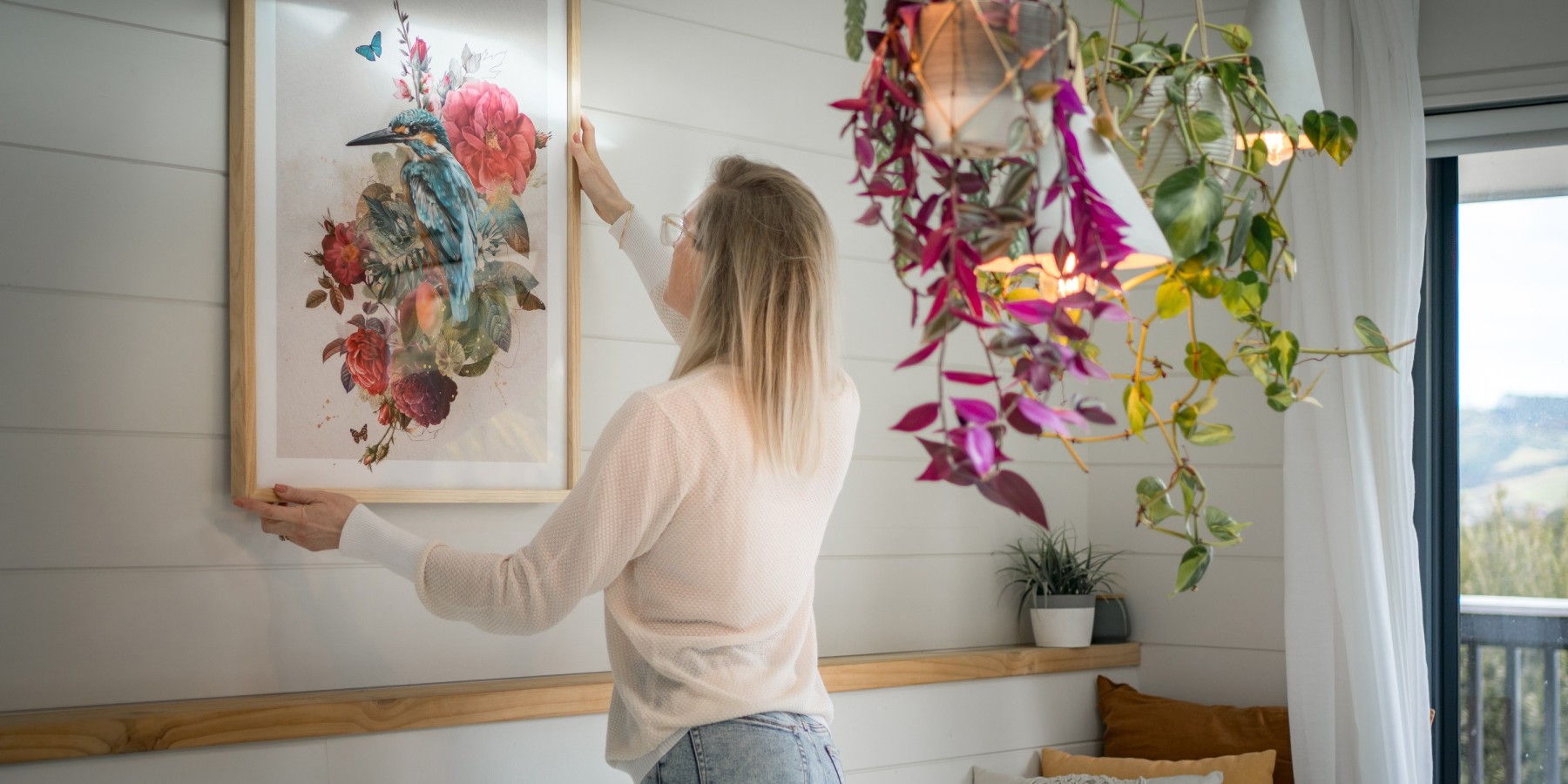
As the owner of your property, you have the freedom to do what you want with it. This includes upgrades and renovations where you can increase the value of your property, boosting your profit. For example, you could install an inverter to beat loadshedding and increase your property’s value.
If you know what you’re doing, flipping houses by purchasing a low-value property and renovating it can earn you a high return on your investment. Alternatively, you can purchase a property, subdivide and sell which also often leads to great financial reward.
5. There’s a Property Shortage
It’s no secret that South Africa has a housing crisis — there simply aren’t enough homes for the number of people. In fact, South Africa has a backlog of over 2.3 million units. This high demand for affordable housing means that you can expect a steady stream of eager tenants and a steady flow of income.
And the development of a strong middle class in South Africa is resulting in a migration to better neighbourhoods and more expensive homes which means a higher growth potential for investors.
6. You Can Benefit From High Property Rental Rates
With the rising interest rates, increasing inflation and high housing demands in South Africa, you can take advantage of the high rental rates at the moment. This allows investors to pay off their home loans faster and make more profit.
However, it’s essential that you choose your property wisely to ensure its increasing value beats the annual rise of inflation.
7. South Africa Is a Popular Holiday Destination
View this post on Instagram
Cape Town is regularly ranked as one of the best value-for-money holiday destinations in the world. This opens up a sea of opportunity for property investors who are looking to invest in holiday property.
The advantages of holiday property are:
-
You can charge a much higher rental rate, thus making a higher profit.
-
It’s a lot more flexible with short-term tenants.
-
You have the option to stay in it yourself by choosing not to rent it out for short periods of time.
However, it does come with its disadvantages:
-
Your cash flow from rental income is much less reliable when you’re likely to have periods where you don’t have any tenants
-
There are higher maintenance costs.
8. You Can Capitalise on Relatively Low Interest Rates
While interest rates have recently gone through a series of hikes, they are still relatively low. As of April 2024, interest rates were still at 11,75%, where they were a year ago. However, this still sits below the average of 13% - 15,5%. This means now’s a good time to invest in property before the interest rates increase.
Cons of Investing in Property in SA
1. It’s Hard Work
Unfortunately, investing in property requires quite a bit of extra work on your side. You have to sort out a number of things that not only cost extra money but require more time and admin. This includes:
-
Maintenance
-
Garden services
-
Insurance
-
Rates, taxes and levies
You can pass on this work to a property management company which will take care of everything for you. However, this is still an extra expense.
2. There Are High Initial Costs
Property investment has some pretty hefty starting costs, meaning that not everyone is able to afford the leap. Initial costs include:
-
Deposit
-
Transfer duties
-
Attorneys and transfer costs
-
Bond registration costs
Deposits tend to be 10% - 20% of the total purchase price. So, for a R3 million property, you may be looking at a deposit of R300 000 - R600 000. Unfortunately, many South Africans can’t afford this initial payment upfront.
3. You Can Expect Unexpected Expenses
Sometimes things are just out of both your and your tenant’s control, for example, natural disasters, fires and crime.
As the landlord, it’s your responsibility to take care of any maintenance or repairs that are structural to the property.
This means that extra costs can pop up at any time. While insurance should be able to pay for the big stuff, you’ll still have the excess. There may also be smaller expenses that aren’t worth going through insurance but can add up quickly.
4. You Have To Manage Bad Tenants
While you can choose your tenants, you don’t always know who you’re dealing with when you sign the contract. And you only have bad tenants when things all of a sudden go really bad.
Resulting in extra admin, costs and emotional stress, bad tenants can cause a wave of problems for you, including:
-
Property damage
-
Tension with neighbours
-
Fines
-
Run-ins with local law enforcement
And due to the laws in South Africa, it’s almost impossible to evict bad tenants, so you’re stuck with them until the lease is up.
It’s essential that you’re very selective with your tenants and ensure your lease protects you and your property.
5. There May Be Vacancies
While South Africa has a surplus of tenants ready to rent, sometimes your current tenant has to back out of the lease for whatever reason. If this happens, you may have a month or two with no rental income which some investors simply can’t afford.
To protect yourself in this situation, you can get rental insurance. However, this is yet another cost to consider.
6. It Sucks Away Your Liquidity
Unlike other investments like shares, property is very illiquid, meaning you aren’t able to access your money quickly if needed. And sometimes, if investors need to sell quickly to access their funds, they end up dropping their prices and losing on their investment in the long run.
7. Selling Can Take Time
Not only is your money not easily accessible, but selling your property to get your money in your hands can often take some time. It may be a few weeks, months or even years — it’s difficult to predict and depends on a lot of factors. And even once you find a buyer, the admin of transferring the property can take even more time.
8. Interest Rates May Grow
While interest rates are relatively low at the moment, they may yet increase. When this happens, many property investors can no longer afford their home loans and are forced to sell. It may also force you to increase your rental rates above what your tenants can afford, resulting in you having to go through the mission of finding new tenants.
Conclusion
There you have it! The advantages and disadvantages of investing in property in South Africa. As you can see, it’s a pretty close draw and ultimately comes down to your personal and financial situation. Just make sure to do your research, maybe speak to some experts and ensure you’re making a good investment. If you’ve decided that property investment is the right direction for you, there’s no time like the present — the sooner you get started, the sooner you can start reaping the sweet rewards!
What do our customers say?
